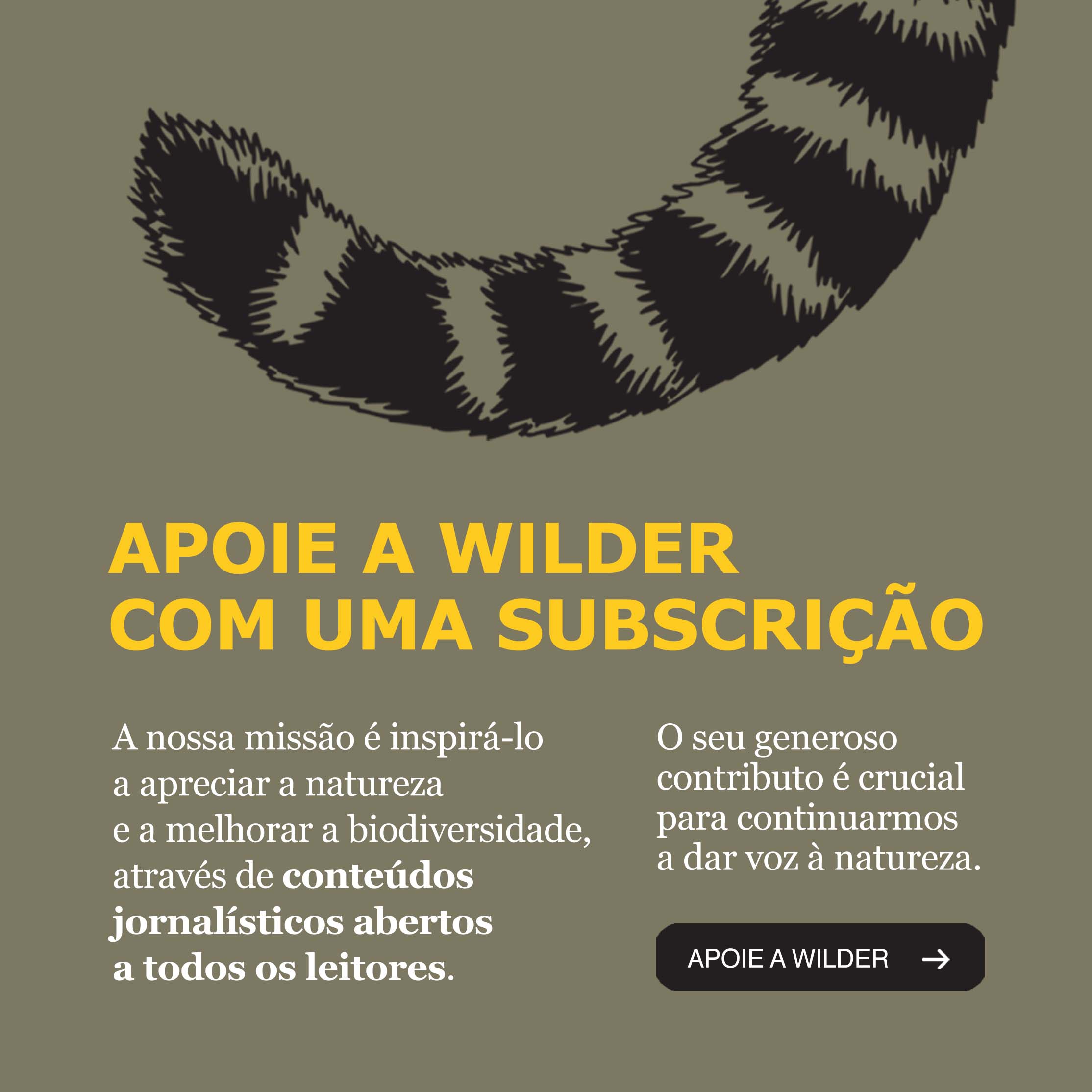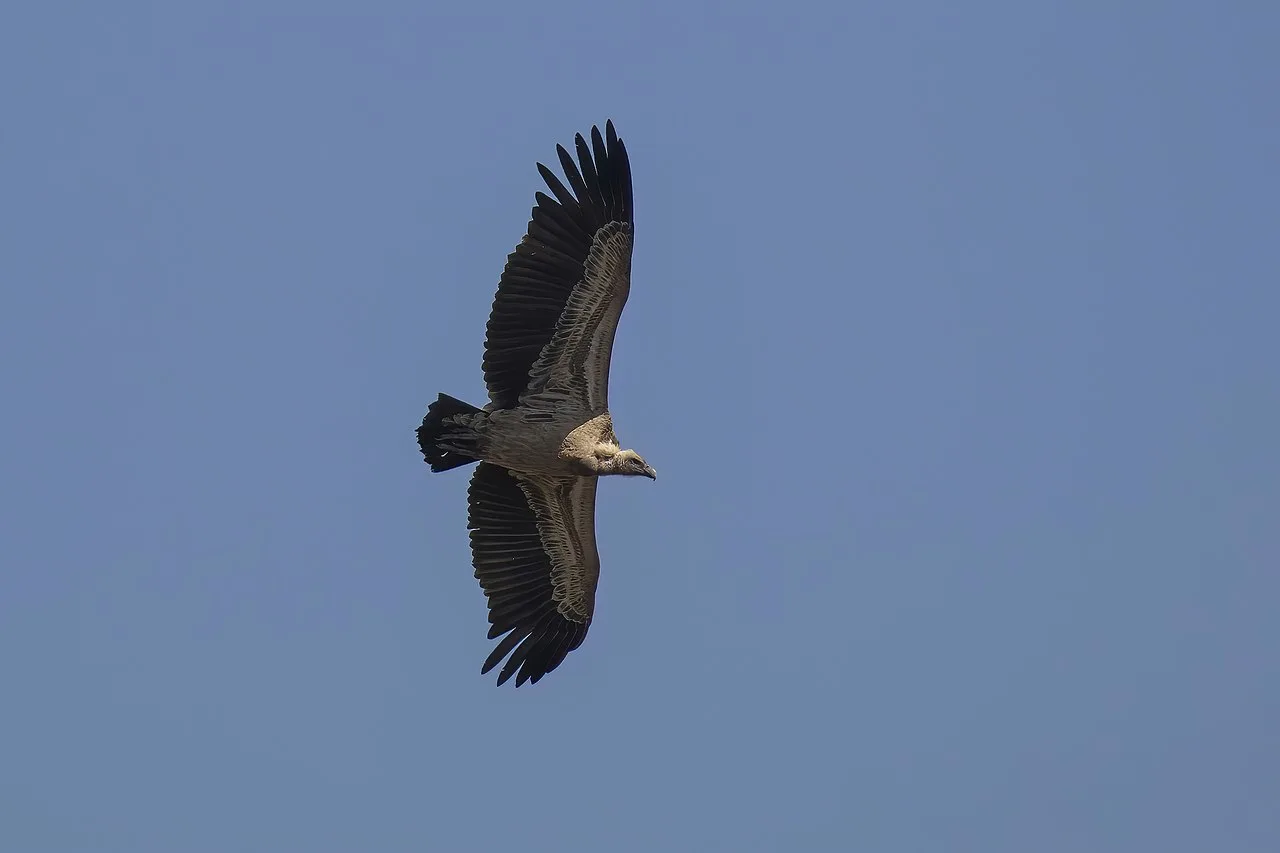At least more than 130 ospreys spend the winter in Portugal, according to the results of the second national census held last Saturday, 16th January. 144 citizen volunteers travelled across the country and counted between 135 and 150 wintering birds, a number that represents an expressive increase compared to the first edition of the initiative.
The largest number of birds, between 21 and 23, were recorded in the river Tagus, between Constância and Santarém.
In the first census, held on 24th January 2015, between 71 and 81 birds were counted. Now between 135 and 150 were observed. This range has to do with situations where it was not possible to confirm whether the same bird was seen more than once in different places. The main objective was to know how many ospreys (Pandion haliaetus) spend the winter in Portugal and where.
The osprey was considered extinct in Portugal in 1997, when the only female still nesting in the country died. Fourteen years later, in 2011, a reintroduction project on the banks of the Alqueva dam began with birds brought from Sweden and Finland.
Meanwhile, good news came last April when a team of Portuguese researchers confirmed the sighting of a pair of ospreys occupying a nest, by the sea in the Vicentina Coast.
Portugal still has the ospreys that visit us every winter coming from other parts of Europe. “Many of their feeding regions in their countries of origin – United Kingdom, Germany, Norway and Sweden – are frozen and therefore birds cannot catch fish, their main food”, Gonçalo Elias explained to Wilder when the first census was held.









